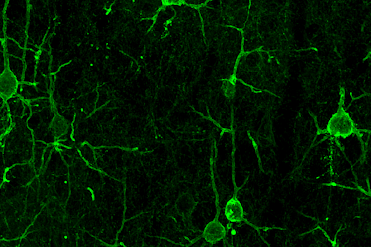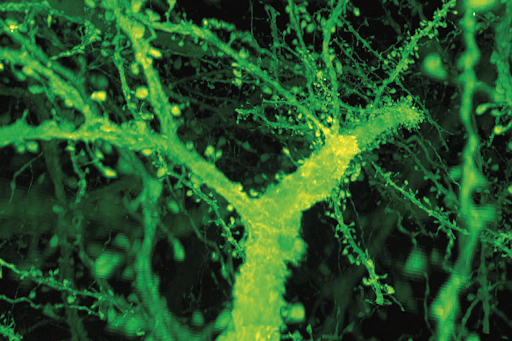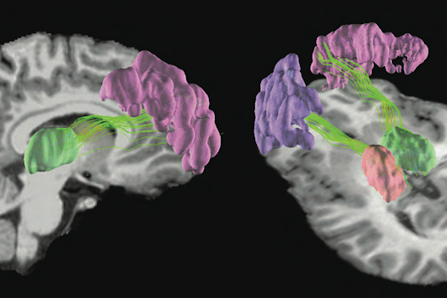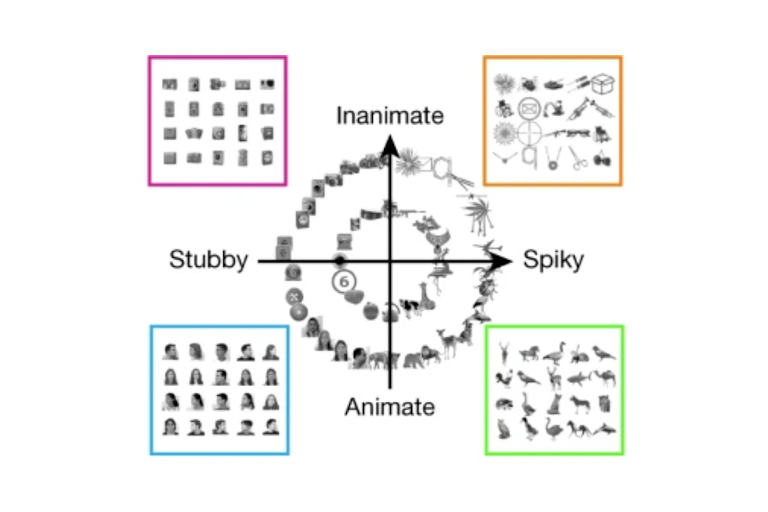Neuroscience spans from the microscopic to the macroscopic, from genes and proteins all the way to behavior, thought, and computation. Our faculty laboratories study nervous system function at multiple levels, using approaches from biology, chemistry, physics, physiology, psychology, computation, engineering, and other fields.
The department is organized into four research areas. Most faculty members are associated with several areas, reflecting the interdisciplinary nature of neuroscience. The areas serve as intellectual focus groups, to promote research collaborations, to develop undergraduate and graduate courses, and to foster graduate and postdoctoral scientific training.




